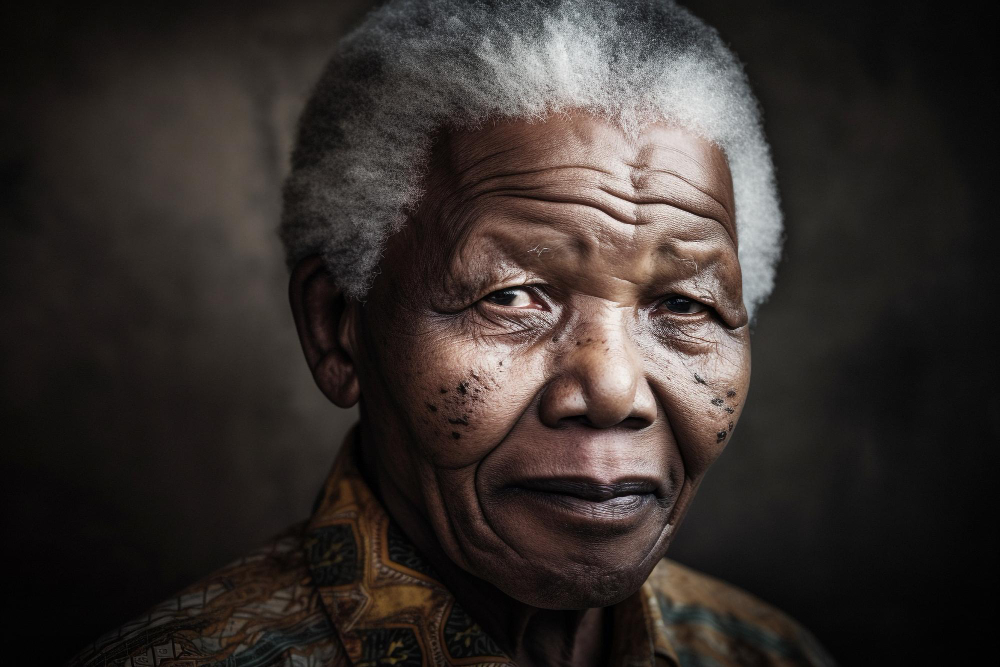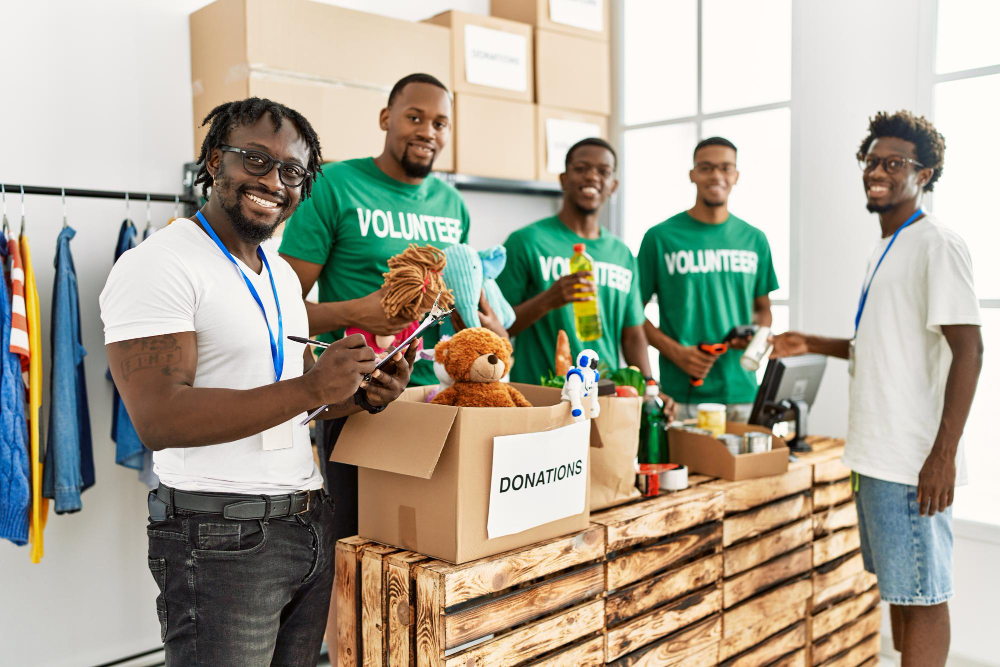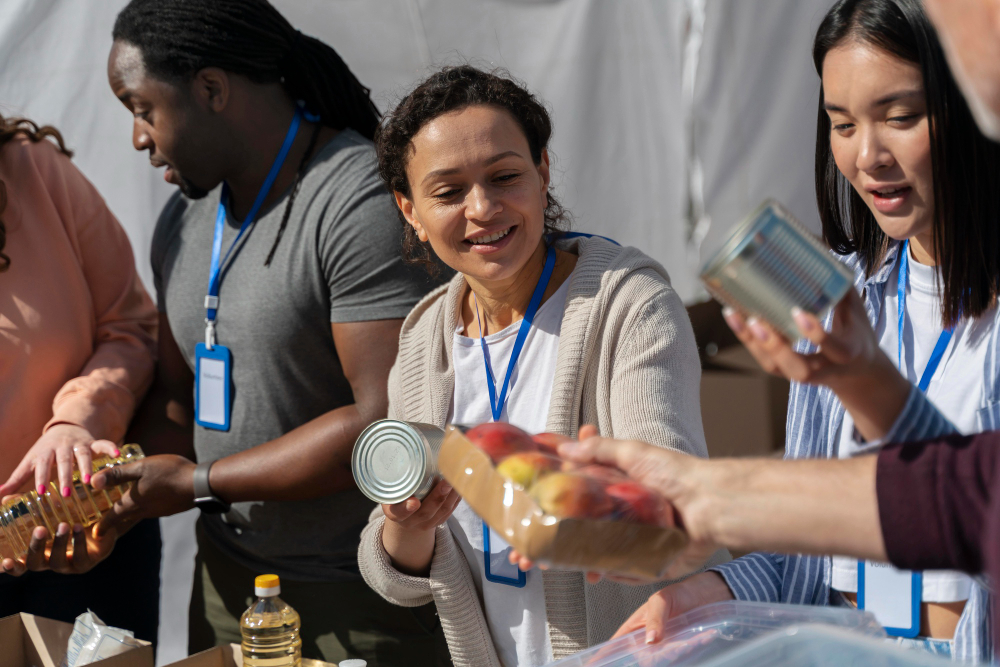19Jul
Mandela Day Celebrations with Your Little One
Mandela Day, observed on July 18th each year, is a special day dedicated to honouring the incredible legacy of Nelson Mandela, South Africa’s iconic leader and global symbol of peace and equality. It is such a great opportunity to reflect with our little ones, on Mandela’s values while also teaching them the value of making a positive difference in our communities, no matter how young we are or how small our difference may be.

Teaching the Values of Ubuntu: Explaining the Spirit of Mandela Day
Introduce your little ones to the concept of Ubuntu, the African philosophy emphasising the interconnectedness and compassion among all people. Explain the significance of Mandela Day as a day to embrace Ubuntu by helping others and promoting kindness.
Small Acts, Big Impact
Age-appropriate acts of kindness that toddlers and young children can participate in include donating old toys to a local charity or making handmade cards or baked treats for near-by old age homes. Emphasise that even small acts of kindness can have a profound impact on other people’s lives.
Crafting for a Cause
Encourage creativity by engaging your little ones in craft activities inspired by Mandela Day, such as making handprints with the colours of the South African flag or drawing pictures that you can add special messages to and then give out to people while driving to work. Discuss the significance of their creations and how they can bring joy to others.
Community Cleanup
Join or organise a community cleanup event, involving your little ones in age-appropriate activities like picking up litter in a nearby park or planting vegetables that could feed the local community. Discuss the importance of taking care of our environment.
Sharing Stories of Inspiration
Take your little ones to the local library or bookstore and explore children’s books that explore kindness, and for older children, tell the inspiring story of Nelson Mandela, his fight for equality, and the importance of standing up for what is right.
Acts of Gratitude
Encourage your little ones to express gratitude by making thank-you cards or drawings for community helpers like domestic workers, rubbish collectors, shop tellers and even their nursery schoolteachers. Discuss the roles these individuals play in society and how their work contributes to the well-being of others.

Mandela Day Picnic
Plan a special picnic with your family, where you can enjoy quality time together and share stories about kindness, giving back to others and helping those in need. You can celebrate and expose your little ones to a host of traditional South African tastes, such as Marmite, koeksisters, rusks and biltong.
Virtual Acts of Kindness
Explore virtual opportunities to spread kindness, such as sending uplifting voice messages or videos to loved ones living far away from you. Highlight the power of technology to connect people and make a positive impact, even from a distance.
Cultivating Empathy
Engage in age-appropriate volunteer activities at a local charity organisation, such as sorting donated items or preparing care packages for those in need. Discuss the importance of helping those less fortunate and how empathy and compassion can make the world a better place.

Mandela Day Reflections
Set aside time to have open and age-appropriate conversations with your little ones about the importance of contributing to the community, about kindness and spreading joy. Encourage them to share their thoughts and ideas on how they can contribute to a more inclusive world.
Mandela Day offers a wonderful opportunity to engage your little ones in acts of kindness, instilling in them the values of empathy, compassion, and giving back to their communities. By celebrating Mandela Day together, you can inspire a sense of social responsibility, foster a spirit of togetherness, and ignite the belief that even the smallest gestures can make a significant impact. Let’s continue Mandela’s legacy by nurturing a new generation of compassionate and socially conscious individuals.
